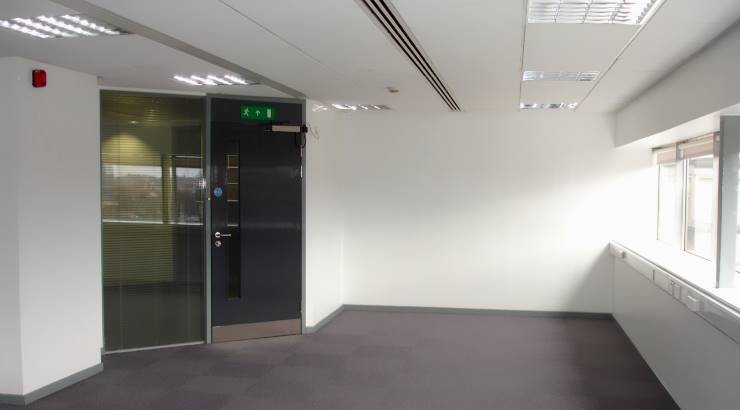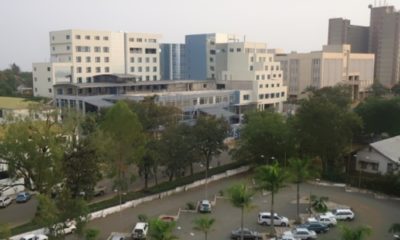Industry News
Grade-A Offices, Malls Rents Fall 16.9% on Supply Jump
Rents have dropped to Sh138 per square metre from Sh162 in 2014.

Office and mall rents in Nairobi’s most established business locations have posted a double-digit drop as a glut of new commercial space stock continues to drive the city market south.
Rents for Grade-A offices in upmarket addresses such as Westlands and Upper Hill have fallen by 16.9% in the last four years, according to fund manager Ilam Fahari I-Reit.
The investor says an oversupply of new offices has offered tenants leverage over landlords, especially in areas with high vacancies – with most now negotiating for better deals.
“Despite the apparent pockets of stability and resilience in the office market, we expect headline rents to remain subdued for the remainder of 2022.
“We also expect that the occupancy rates will fall because of the large amount of space released in the market towards the end of 2021,” said Ilam Fahari I-Reit.
Property market data shows that average asking rates for Grade A office space fell to $1.20 (Sh138) per square foot at the end of last year from $1.40 (Sh161.40) four years earlier.
While a recent jump in the supply of offices has negatively impacted rents, the Covid-19 ‘work from home’ policy has made matters even worse for office landlords.
Some top companies are still maintaining the remote working arrangements – a situation that has cut demand for office space in Upper Hill and Westlands, the key office markets.
This comes in the wake of the completion and opening of 42-floor Global Trade Centre (GTC) – a mixed-use development in Westlands consisting of Grade-A offices, retail outlets, hotel, and homes, which has injected about 625,000 square feet of new office space in the city.
The recently completed Hazina Trade Centre on Muindi Mbingu Street has added 234,000 square feet of office spaces in the central business district.
At the same time, Convex and Riverside Square have injected 250,000 square feet and 94,000 square feet of office space into the Riverside neighbourhood.
RELATED: New Offices Sit Empty as Nairobi’s Upper Hill Loses Shine
According to Ilam Fahari I-Reit, “the availability of higher quality more recently completed stock has also negatively impacted rentals in older buildings throughout the city”.
Shopping malls landlords are also facing tough times.
The relentless construction of malls in Nairobi and other major towns has resulted in a supply glut that is piling pressure to cut rents in order to retain or lure new tenants.
Growing competition, increased supply, and shrinking demand have motivated tenants to flex their muscle in lease negotiations as landlords fight to keep spaces occupied.
RELATED: Nairobi’s Empty Shopping Malls Echo a Sad Retail Story
The situation has been aggravated by the recent turmoil in the retail sector that has seen Nakumatt and Tuskys closing shop, Uchumi scaling down on branch expansion, and Botswana chain Choppies and South Africa-based Shoprite exiting the Kenyan market.
“Sitting tenants continued to renegotiate rents, which led to a drop in passing rents, especially in centres with high vacancies,” said Ilam Fahari I-Reit.
The fund manager expects that the negative impact on the sector will still be felt over the short to medium term, with occupiers expected “to keep good leverage towards landlords”.
Nairobi accounts for 75% of the malls in the country, with Two Rivers Mall (67,000 sqm), Garden City (35,000 sqm) and The Hub (35,000 sqm) being the largest malls in the city.












